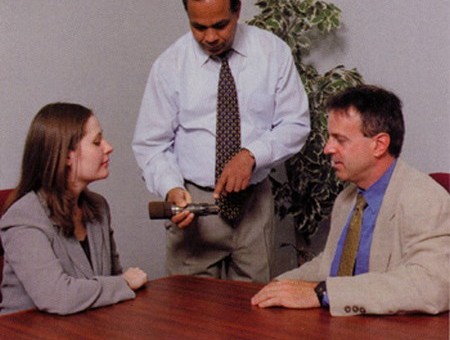Make sure you get good cleaners in as a clean home or office is essential, we used this brilliant commercial cleaning company in Bristol recently who were amazing, so they are a great example of what to look for.
For the cleaning of your home’s exterior, you may hire a power washing company that can provide excellent residential power washing services, or if you would like to cover the entire house then you could contact commercial cleaning services for assistance.
Playing it safe: family
Always keep cleaners well away from children and never transfer them into other containers as you may forget what is in them.
Always follow manufacturers’ instructions and use all cleaning materials with care. If you have to use powerful cleaners, open the windows wide, wear rubber gloves and avoid any contact with your skin or eyes. If strong cleaning materials do get on your skin or into your eyes, wash or rinse with lots of cold water at once. Should you or your child accidentally swallow any cleaning products, drink milk or water at once and go to your nearest doctor or hospital.
Do not mix cleaning products. Take special care when using lavatory cleaners: if mixed with liquid bleaches they give off a chlorine gas.
If a manufacturer recommends a particular cleaning agent to be used with his equipment, check if your guarantee will be lost if you use another brand.
Playing it safe: environment
Use materials sparingly: some pollute the environment; some can harm you. Many aerosols contain chlorofluoro-carbons (CFCs) which damage the protective ozone layer around our planet. If you must use aerosols, buy only non-CFC brands. Pouring bleach, scouring powder, paint thinner or many other left-over cleaning solutions down the sink or drain contributes to the contamination of our drinking water. If you continue to use toxic products, take any remains to a hazardous waste collection centre, if one exists near you. Otherwise, change to natural, non-toxic household products where you can.
There are many ‘green’ cleaning materials coming on to the market which will help protect the environment. There are also safe alternatives. The choice of materials is yours, but if you use these methods wherever possible, much pollution can be avoided.
Basic checklist
For clothes
- Laundry products
- Stain removal kit
For surfaces
- Scouring powder (for removing grease and dirt from hard surfaces; cleans by rubbing away the surface and can damage it)
- Non-abrasive scouring cream (milder than scouring powder, but may not be suitable for cleaning plastic)
- Disinfectant (for killing or halting the growth of bacteria. Some are poisonous; use with care and sparingly). Contact https://ultra-tek.net for disinfecting and sanitizing services.
- Household chlorine bleach (read instructions; use carefully and sparingly)
Highly polished surfaces are most attractive when they are kept looking shiny and glossy. Different kinds of material – from wooden floors to man-made laminates – dictate the type of cleaner to use.
- Washing soda (for dirty paintwork, cleaning drains and washing-up; read instructions before use)
For dishes
- Washing-up liquid (mild detergent)
- Dishwasher powder and salt and rinse aid (for dishwashers)
- Steel wool pads (cut them in half so they last longer; wear rubber gloves when using)
For polishing
- Floor polish (rub spirit-based polishes in; leave water-based ones to dry – they leave a shiny film without rubbing. Apply water-based polishes every six weeks, and occasionally strip old polish off with polish stripper and start again.)
- Polish stripper (for removing buildup of water-based floor polish)
- Non-slip floor polish (for kitchens, bathrooms, utility rooms and other wet areas)
- Beeswax (thin down to pasty consistency with vinegar before applying to floor; leave to dry and then polish)
- Furniture polish (wax pastes need elbow grease but are good for antiques. Creams need light rubbing only; some can also be used for glass and paintwork.)
For special use
- Lavatory cleaner (a mixture of bleach and disinfectant: follow instructions. For daily cleaning, not hard-water stains.)
- Oven cleaner (for removing burnt-on grease; use with care.)
- Descaler (for kettles and irons in hard-water areas)
- Bath-stain remover (for removing hard-water stains from baths, sinks, lavatory pans, etc)
- Furniture cleaner
- Carpet shampoo
- Upholstery shampoo
- Metal polishes (for hard metals such as brass or soft metals such as silver or chrome. Can also use Silver Dip for cutlery)
- Graphite cream (polish for cast-iron stoves and grates)
- Glass cleaner (for windows, mirrors, etc)
- Household soap (for washing hands and pure bristle brushes)
- Water softener (for some dishwashers in hard-water areas to prevent the build up of scum)
You can get online janitorial supplies here.
For you
- • Hand cream (for when rubber gloves are not enough)
- • Dirty hand cleaner or hand barrier cream (for DIY enthusiasts)

